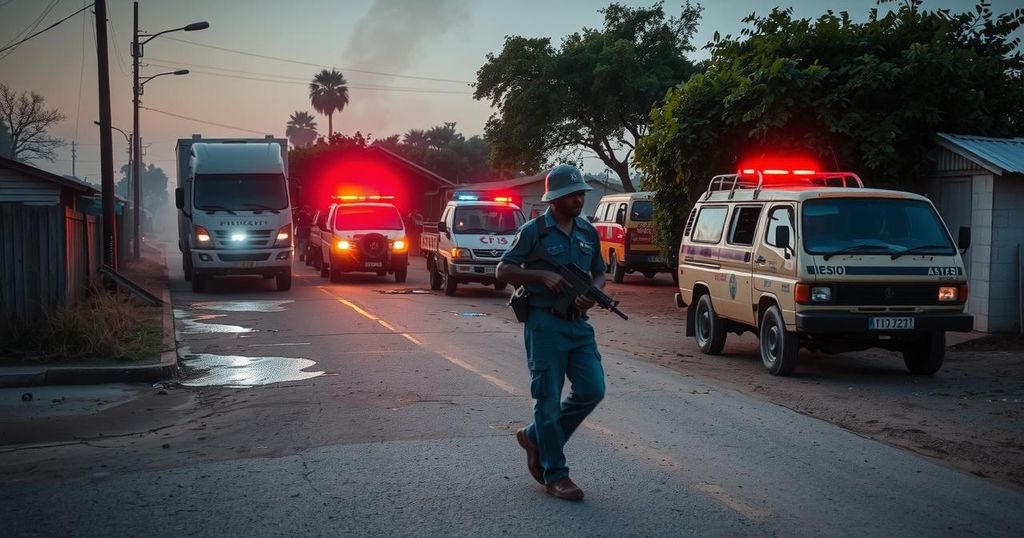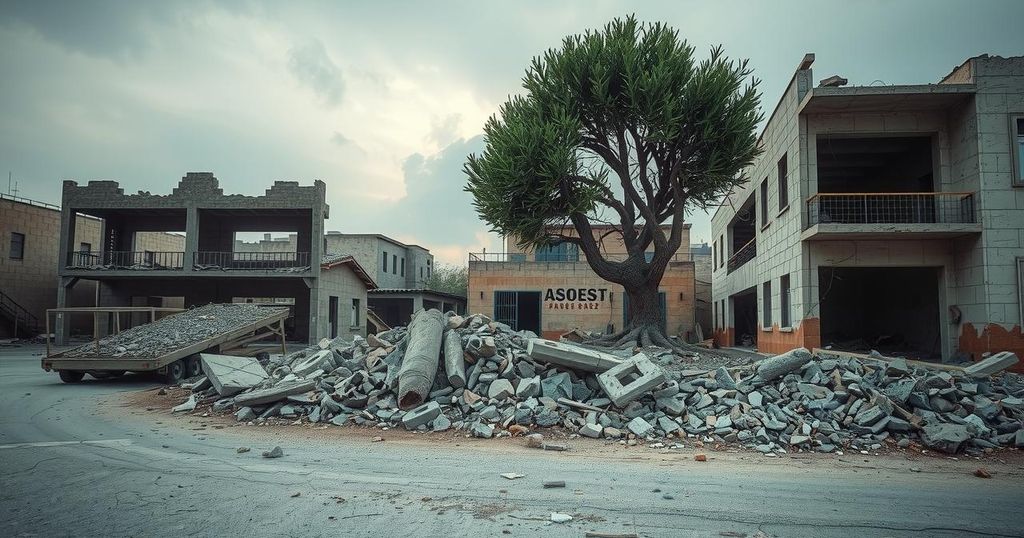Atrocities in Niger: 39 Lives Lost in Border Attacks Amid Jihadist Violence
Niger’s defense ministry reported that 39 people were killed in two recent attacks in the western region of the country near the Burkina Faso border. The assaults in Libiri and Kokorou, involving civilians including children, highlight the persistent threat posed by jihadist groups. The Nigerien junta has denied reports of a broader attack that allegedly included significant military casualties.
On Saturday, the defense ministry of Niger reported that 39 individuals were killed in two separate attacks occurring near the Burkina Faso border in the western region of the country. The attacks, characterized by the ministry as “horrific tragedies,” involved assailants targeting the communities of Libiri and Kokorou, where 21 and 18 individuals, respectively, lost their lives, with casualties including children. The incidents took place between December 12 and 14, although specific details regarding the timing of the attacks were not disclosed.
The Tera border area, where these attacks occurred, has been a focal point of violence attributed to jihadist groups linked to the Islamic State and Al-Qaeda. This region has witnessed severe insurgent activities against the government, leading to a higher frequency of gruesome attacks on civilians. A recent incident on December 7 reportedly involved gunmen executing 21 civilians in an assault on a goods convoy, highlighting the persistent danger faced by residents in this area. Furthermore, on Wednesday, multiple reports emerged indicating that jihadists had killed approximately 90 soldiers and over 40 civilians in an attack in Tera’s Chatoumane, a statement that the Nigerien junta has vehemently denied, calling such reports “baseless assertions”. In a related action, the military government suspended BBC radio for three months in response to these allegations, emphasizing the ongoing tensions between the junta and international media.
The ongoing violence in the border regions of Niger, Mali, and Burkina Faso poses significant challenges to local and national authorities striving to maintain safety and security. These areas serve as sanctuaries for various jihadist factions that have capitalized on political instability, launching attacks against both military and civilian targets. The prolonged insurgency has resulted in severe disruptions to regional security and humanitarian conditions, fostering a climate of fear and uncertainty among the populace. Moreover, the government’s restrictive measures toward media reporting reflect a broader strategy to control narratives surrounding the security situation as the junta consolidates its power since the coup in July 2023.
In summary, the alarming attack near the Niger-Burkina Faso border that resulted in 39 fatalities underscores the persistent threat posed by jihadist groups in the region. The responses from the Nigerien authorities indicate a state struggling with security challenges while simultaneously managing narratives in light of increasing scrutiny from both local and international communities. The suspension of media outlets reflects the junta’s attempts to exert control over information amidst ongoing violence, signaling the complexities surrounding governance and security in this fragile context.
Original Source: punchng.com








Post Comment